Bruce Springsteen and Steven Van Zandt have been playing music together for almost half a century, and over those five decades, Van Zandt has become intimately familiar with his bandmate’s work. Indeed, that’s how it always goes. Besides the songwriter themself, no one dives into the intricacies of their work quite like the people responsible for the backing arrangements. From his unique vantage point as the E Street Band guitarist, Van Zandt has a keen awareness of Springsteen’s catalogue. That includes the best, worst, most commercial, and most uncommercial.
Videos by American Songwriter
For Van Zandt, the album that fits the last description is easy. Van Zandt’s pick for one of the “most uncompromising and uncommercial record albums any major artist has ever released” went to the Boss’ 1982 album, Nebraska. “It would keep his dignity forever protected and would ensure his credibility would remain forever bulletproof,” he argued in his memoir, Unrequited Infatuations. Countless others would agree with him.
Interestingly, Van Zandt holds this opinion about Nebraska not because he played on it but despite the fact that he didn’t. Springsteen’s famously stark sixth album was a collection of demos he recorded by himself with a four-track recorder in Colts Neck, New Jersey. He tried to get the band—Van Zandt included—in the studio to record a full version. But after tracking the entire thing, Springsteen had a critical revelation.
Why Steven Van Zandt Isn’t on This Iconic Bruce Springsteen Album
A more egotistical musician might bristle at the idea of the frontman kicking them off a record, especially when the band is really starting to pick up steam. After the success of Born to Run in 1975 and The River in 1980, no one was expecting Springsteen to release a brooding, moody album full of DIY demos as his sixth record. But therein lies the magic of Springsteen and his E Street Band. It’s never been about ego. It’s always been about music. Steven Van Zandt didn’t struggle to see what Springsteen saw.
In his memoir, Born to Run, Springsteen described the evolution of Nebraska from his lo-fi collection of acoustic songs to a full-band studio album. “I went into the studio, brought in the band, re-recorded and remixed everything,” he wrote. “On listening, I realized I’d succeeded in doing nothing but damaging what I’d created. We got it to sound cleaner, more hi-fi, but not nearly as atmospheric, as authentic.”
“All popular artists get caught between making records and making music. If you’re lucky, sometimes it’s the same thing. When you learn to craft your music into recordings, there’s always something gained and something lost. The ease of an unself-conscious voice gives way to the formality of presentation. On certain records, that trade-off may destroy the essential nature of what you’ve done. At the end of the day, satisfied I’d explored the music’s possibilities and every blind alley, I pulled out the original cassette I’d been carrying around in my jeans pocket and said, ‘This is it.’”
Even without Steven Van Zandt and the rest of the E Street Band, the enduring legacy of the album proves that Bruce Springsteen was right.
Photo by Michael Putland/Getty Images

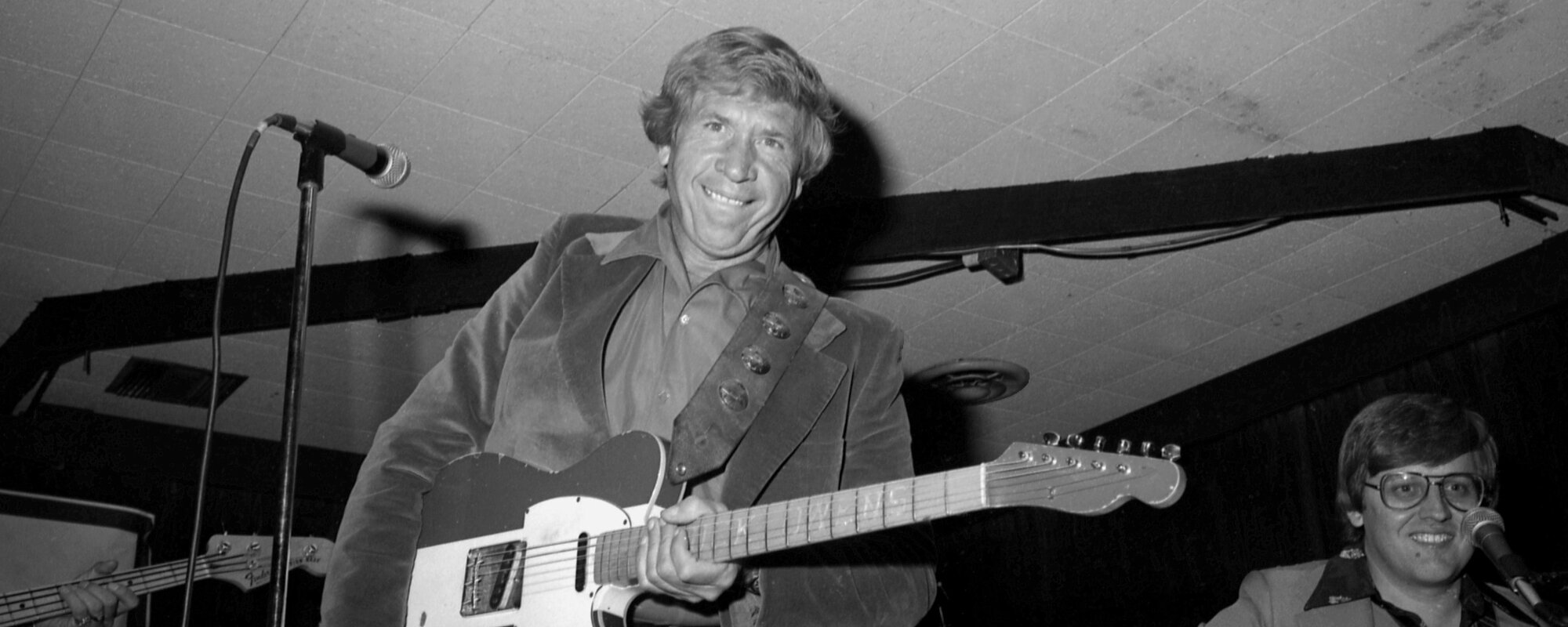

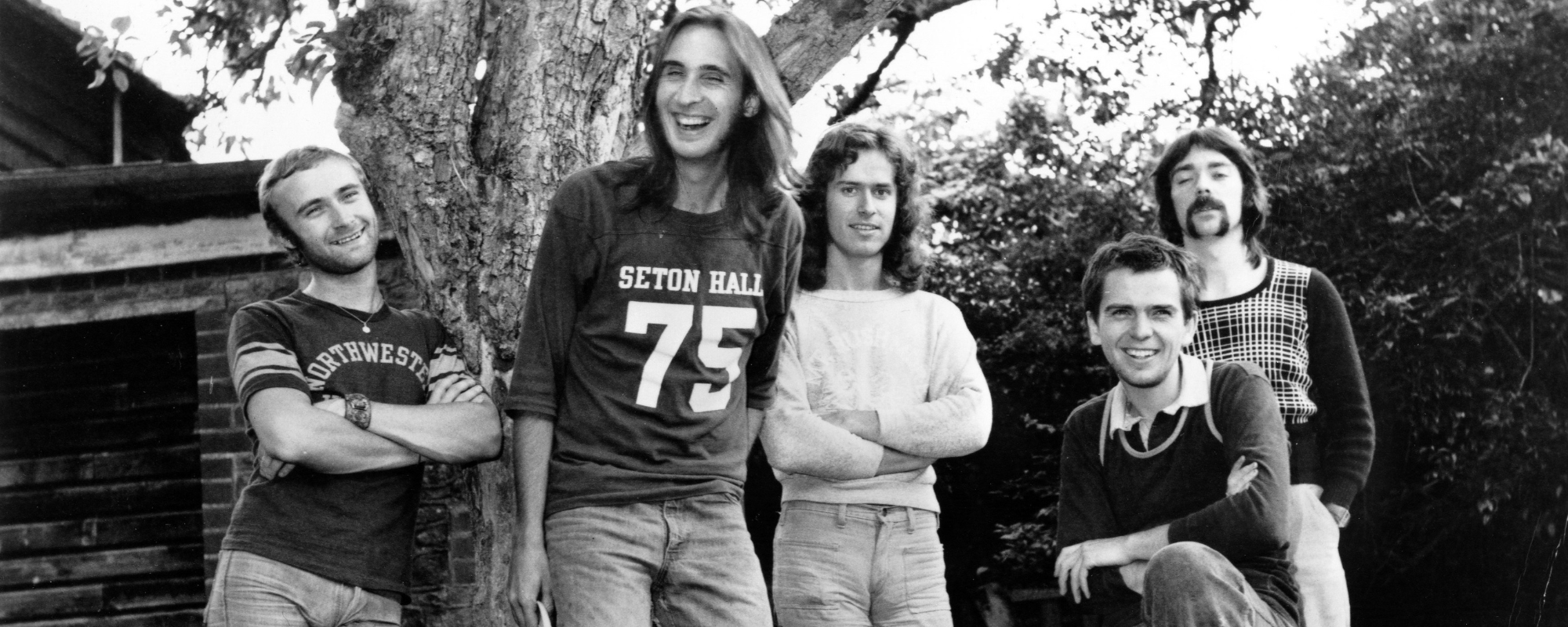
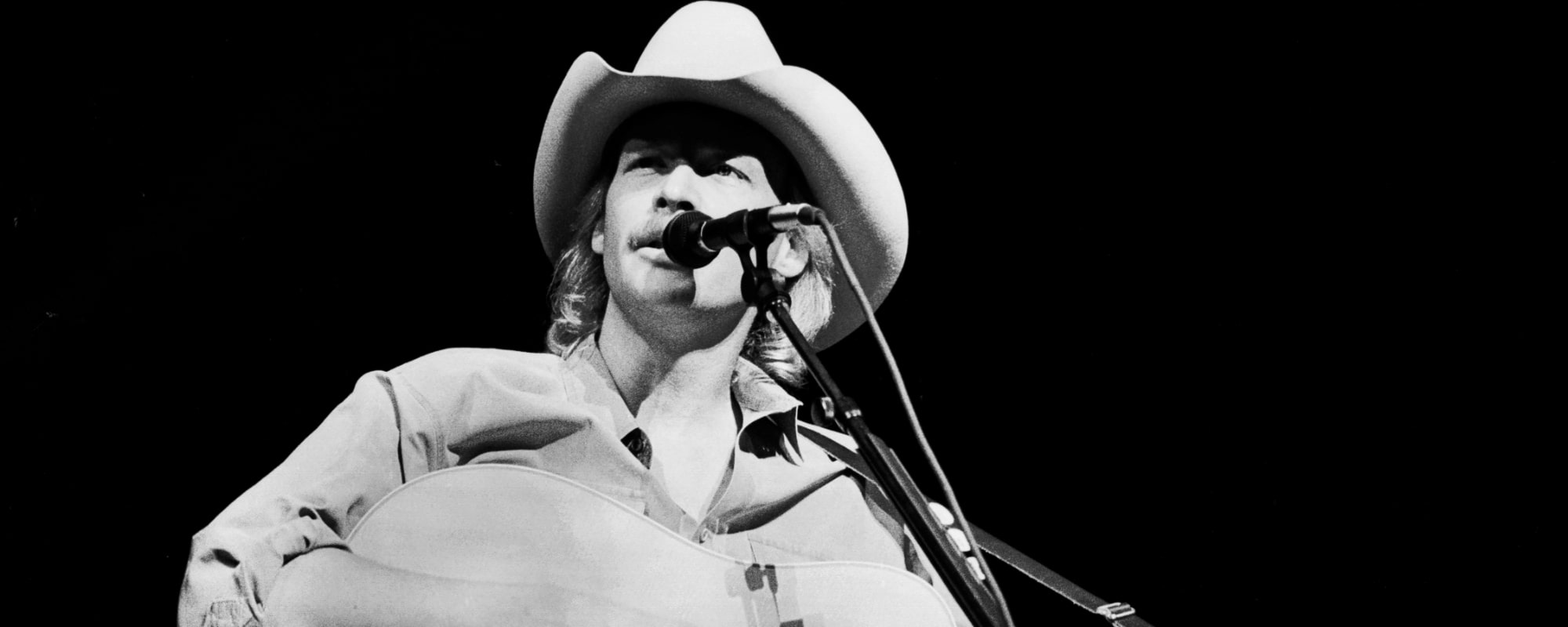

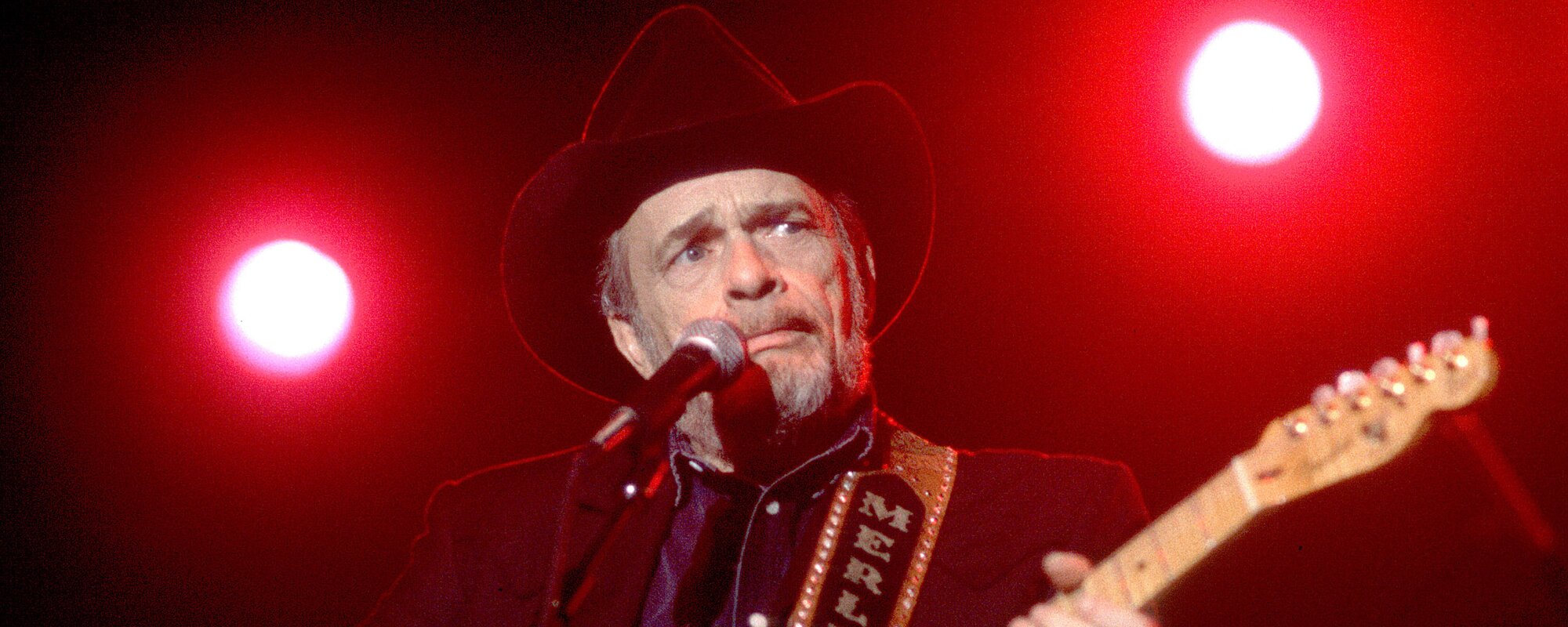
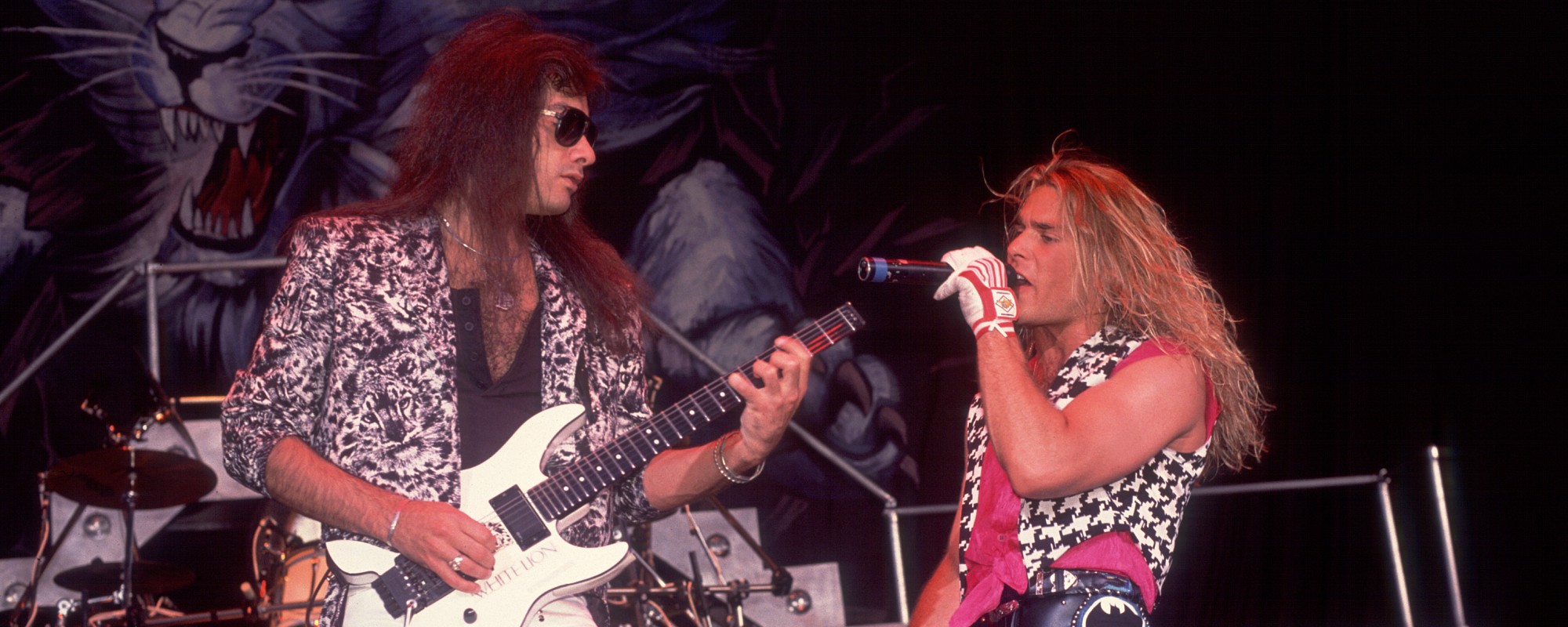




Leave a Reply
Only members can comment. Become a member. Already a member? Log in.